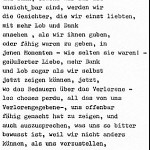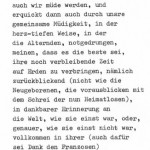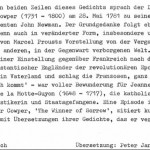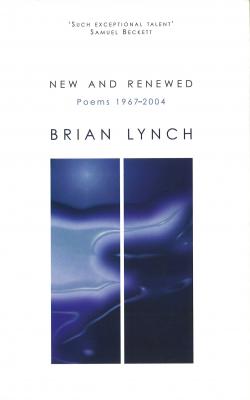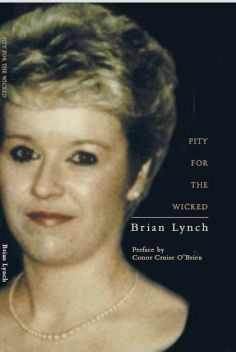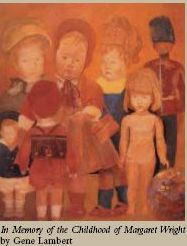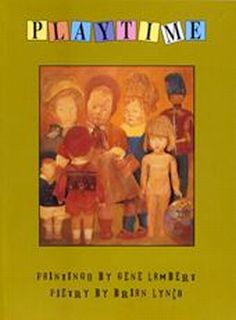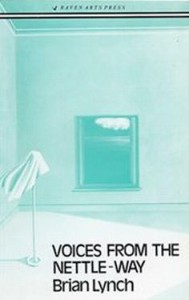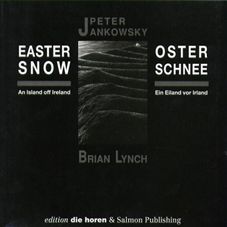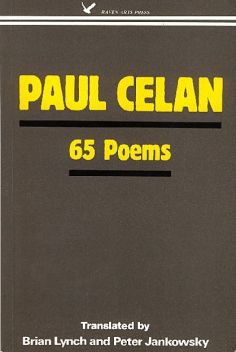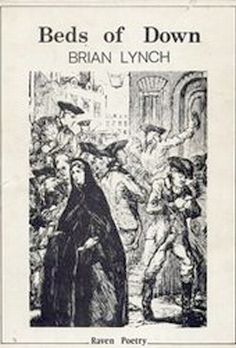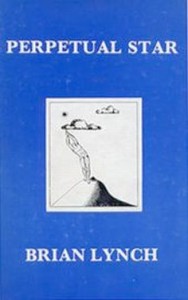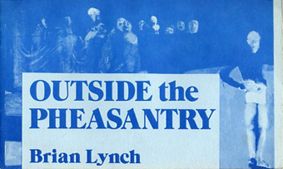– for Françoise Connolly
The time will come, perhaps,
(But death will come first)
When we may be able to visit
The dead and where they lived
When we first knew them,
And then, though they will not
Be able to see us, we shall
Look at those faces we
Loved once with better thanks
And more praise than we gave,
Or were able to give,
In those moments – how few
They were – of love expressed, and
More praise and thanks, too,
Than we can show even now,
Even now when regret
For the things we have lost,
Les choses perdus which we chose
To lose, would seem to have made us
Capable of showing,
And of saying, too, what
We are mindful of, so bitterly,
Because we cannot help
Imagining that there is
A heaven on earth at all times,
And those so disembodied bodies
We knew once have found there
A joy that is like our own
In thinking lovingly of them,
Though love maybe was not
What we felt at the time, nor did
The places seem as lovely
As they do now in memory,
So that in this mistaken joy
The dead and ourselves are
Reconciled to a world they grew
Weary of, and that we are
Growing weary of, too,
And refreshed then by
Our shared tiredness,
In the heart-felt way of
What the aging, perforce,
Think is the best way of
Passing their remaining
Time on earth, that is to say
Looking back (unlike the new
Born, who look forward with
The cry of the newly homeless),
In thankful recollection
Of the world as it once was,
Or, rather, as it once
Was not, perfect in –
The French are to blame for this too –
Its imperfection.
The first two lines in this poem were spoken by the poet William Cowper to his friend the Reverend John Newton on the 28th of May, 1781. The general thought is also Cowper’s, but greatly changed, in part by reflection on the way Marcel Proust imagined the past as another world concealed in this one. Cowper, although his attitude to France was very much that of a Protestant Englishman of the revolutionary period – ‘Love your country, beat the French and never mind what happens next’ – greatly admired Jeanne-Marie Bouvier de la Motte-Guyon (1648 –1717), the French Catholic poet, mystic and prisoner of the state. An episode in my novel about Cowper, The Winner of Sorrow, quotes briefly from the book of translations he published of her poetry.
Brian Lynch
Peter Jankowsky’s translation
click to enlarge, click image for slide show

